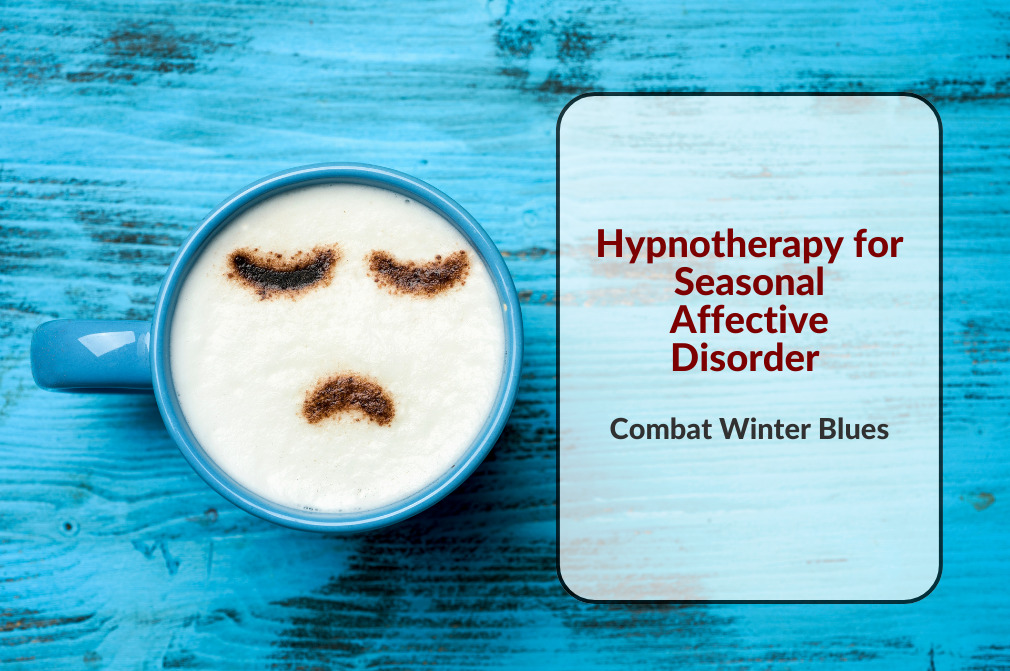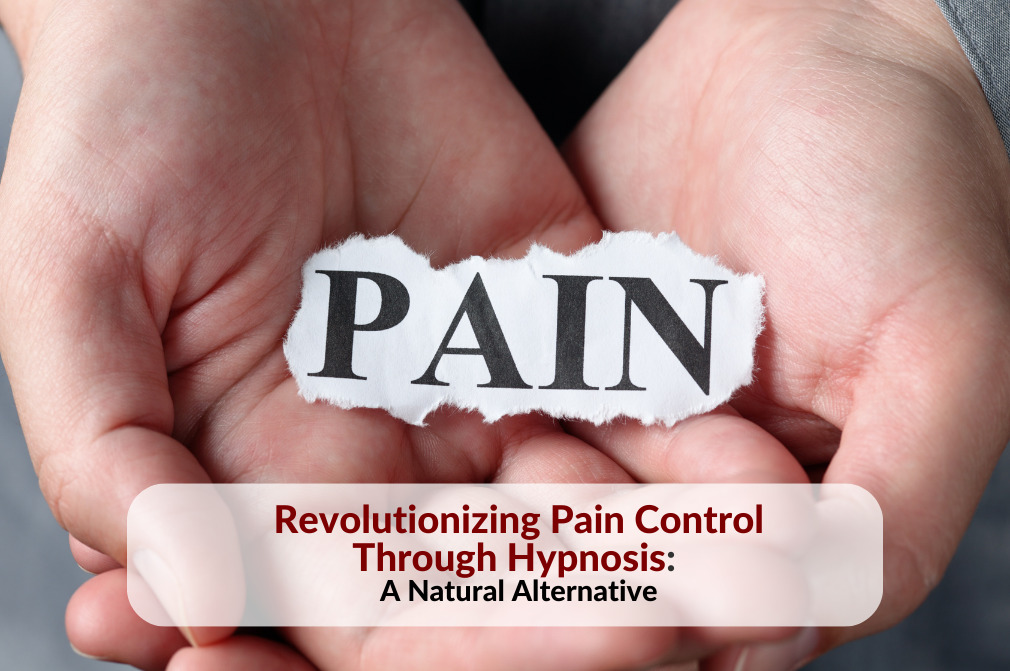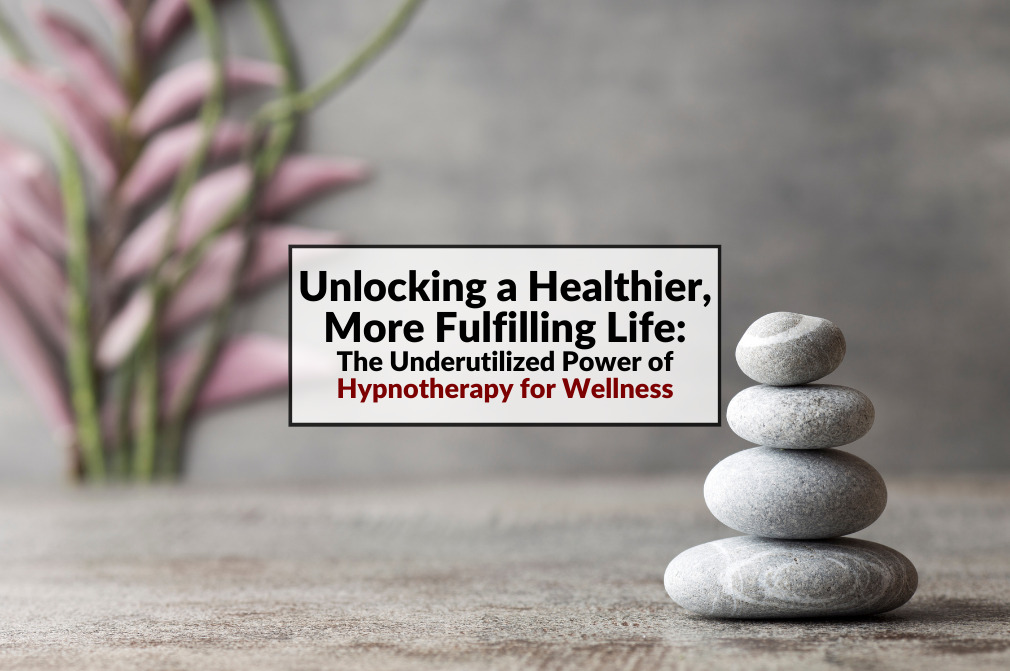What is Hypnotherapy and When Does It Start to Work? Hypnotherapy is a distinct form of therapy that is highly personalized. As a result, it’s hard to set an exact timeline for its effectiveness. Several factors influence its speed and results, such as the issue’s nature, individual responsiveness, and the hypnotherapist’s skill.
Nature of the Issue: The severity and complexity of the problem are pivotal. For instance, with simpler challenges like nail-biting or managing stress, some people might feel better after only a couple of sessions. On the other hand, for deep-seated concerns like prolonged anxiety or phobias, it might take longer.
Individual Responsiveness: Every person is different. Some can easily relax deeply and are open to suggestions during hypnotherapy, noticing changes sooner. Conversely, others might need more time to see clear results.
Expertise of the Hypnotherapist: The effectiveness of hypnotherapy often hinges on the therapist’s skill and experience. A seasoned professional can adapt to each person’s needs and oversee their progress, often leading to quicker, more potent outcomes.
Consistency is Key: The outcome of hypnotherapy often leans on the client’s dedication to attending regular sessions. Furthermore, doing any advised self-hypnosis or relaxation techniques between sessions helps. Staying consistent can speed up the journey.
For those seeking a deeper dive into the effectiveness and timeline of hypnotherapy, reputable sources like the Mayo Clinic and Psychology Today can be of help.
In Conclusion, The duration for hypnotherapy to show its impact varies greatly. Some might see changes in a few sessions, while others could take weeks or even months. Key to the process’s success are patience, consistency, and having faith in your therapist. For a tailored timeframe related to your specific issue, it’s best to chat with a certified hypnotherapist.

















